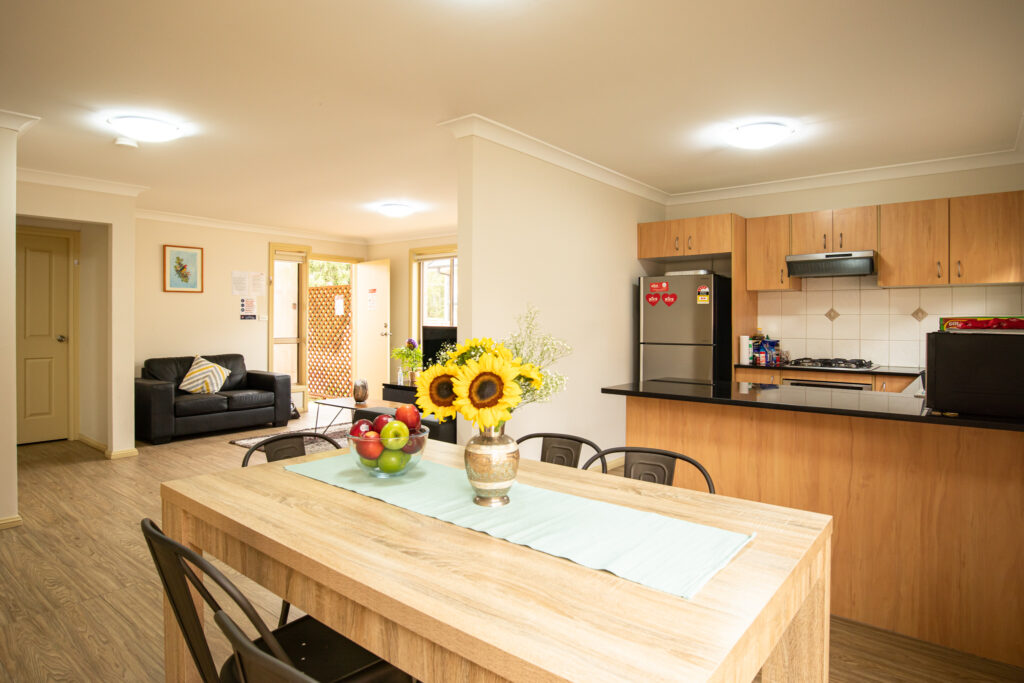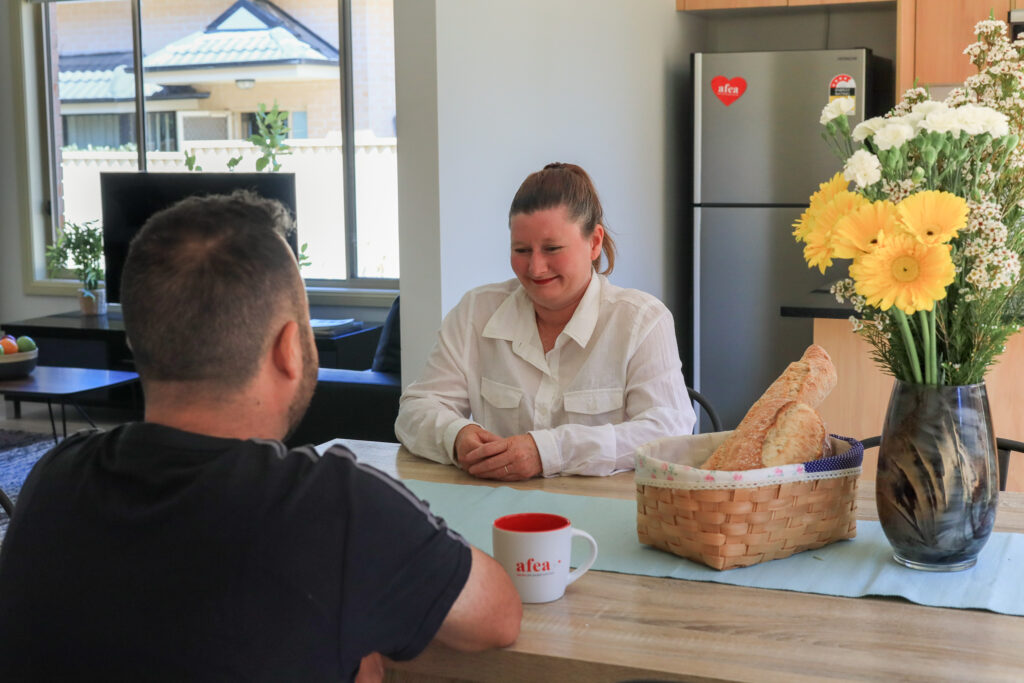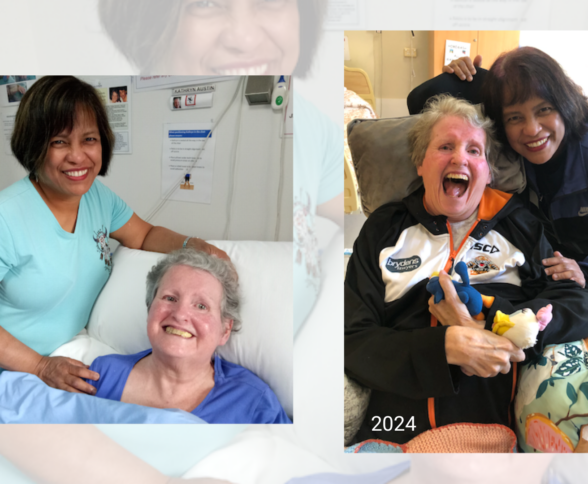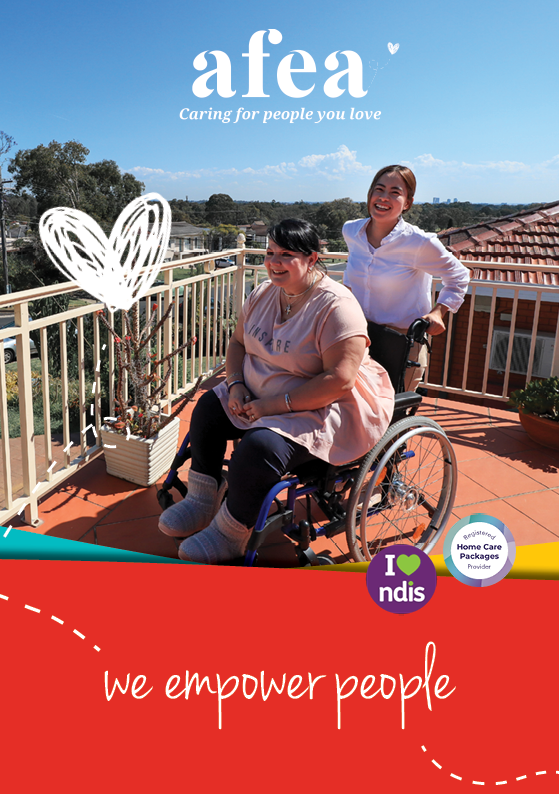Supported Independent Living is personal support for those who require significant assistance throughout the day, seven days a week. It is one of the different types of home and living supports funded by the NDIS.
The process to get Supported Independent Living funding is a bit different compared to other NDIS supports. But you don’t need to go through this alone! Read our guide below, or contact us on 1300 65 11 33 to get expert advice from our team.
What is SIL?
SIL or Supported Independent Living is support for participants with higher support needs. This means those who require personal support or supervision seven days a week and up to 24 hours a day.
If you have higher support needs, support workers can assist you with daily tasks around the home, such as grocery shopping or cooking your own meals, to help you build your skills and live as independently as possible. They can also assist you with accessing social activities outside the home.
This is vital support for people living with disability who may not be able to access this level of assistance from family members and other informal support networks.

Most SIL participants live with other participants who also have SIL funding, or they move into especially designed and furnished SIL homes.
As SIL participants will most likely be living with other people with similar needs, SIL support is also a way for them to live an independent life while forming a bond with others.
What is the difference between SDA and SIL?
While SDA refers to the purpose-built accommodation dwelling itself, SIL or supported independent living is the support service you might require while living in your SDA. SIL is not dependent on where you live. You can receive SIL support in your own home, a private rental or a SIL home shared with others.
If in addition to SIL you are also funded for Specialist Disability Accommodation, you’ll be able to move into an SDA home or apartment. SDA homes are designed specifically for people with very high support needs.
Learn more about SDA in our guide.
How does SIL funding work?
If you have supported independent living funding included in your NDIS plan, you can use this to pay support workers or professional carers. They can visit or stay overnight and assist with various daily tasks, such as:
- Personal care tasks
- Shopping, cooking and meal preparation
- Cleaning and other household chores
- Developing social skills
- Administration of medication
- Transport support for appointments
- Accessing the community for recreational or educational activities
This is not an exhaustive list. You can discuss your needs with your chosen SIL service provider. Your SIL provider will create a document for you called “Roster of Care”, which will be discussed in more detail later in this article.

Can I use SIL funding to pay for rent and groceries?
No. Supported independent living does not include the daily living costs that are not related to your disability or your disability support needs. This means you can’t use SIL funding to pay for rent, groceries or utilities such as gas or electric bills.
To give you an example: while you can use SIL funding to pay a support worker to assist you with shopping and cooking, you can’t use your funding to pay for your groceries or the ingredients for your meal.
How do I get SIL funding in my plan?
If you’re new to the NDIS, you’ll first have a conversation with your NDIA planner at a planning meeting to discuss your current situation and your home and living goals.
You may be asked to complete a Home and Living Supports Request Form.
Your NDIA planner may also have a chat with the people who are close to you and who have an insight into your day-to-day needs, such as your family members and caregivers.
This will help the NDIA understand your current situation and your home and living goals. It will also help them decide if SIL is the right option for you.
If the NDIA decides that SIL is the best funding for you, the next exciting step is to choose your SIL service provider.
Finding the right SIL provider
Most people who receive SIL also receive funding for Support Coordination. Your Support Coordinator can help arrange appointments with allied health providers (such as an Occupational Therapist) who can conduct a full assessment of your needs.
Most importantly, they can assist in finding the most suitable SIL provider to help you achieve your goals.
You may need to speak with different SIL providers to ensure your needs are met. SIL providers manage and screen the support workers that work in the home. Some SIL providers also have a vehicle available on site so they can arrange transport for social activities or other events out in the community.
While it is possible to receive SIL support in your own home, it is highly likely you will be receiving SIL in a shared home with other SIL participants.
That’s why it’s important to meet with a number of SIL providers. This will give you and your Support Coordinator time to tour the home. You can also ask questions about the property, neighbourhood and the other residents who will be sharing the home and the supports with you.

Roster of Care
Once you’ve made your choice, your SIL provider will work closely with you to create a document called “Roster of Care” or RoC.
This in essence is a quote of their services. A roster of care will include information such as:
- a description of the property where you’ll receive SIL support
- the types of support you’ll be able to receive
- the number of hours of support in an ordinary week
- ratio of support, or how many disability support workers will provide your support, and how many participants you’ll share this support with (e.g. a 1:2 ratio means you have one support worker for every two participants, including yourself)
- the outcomes you want to achieve
After you’ve signed off on the RoC, the SIL provider can provide you and your Support Coordinator this document to submit to the NDIA. The SIL provider can also submit the RoC directly to the NDIA on your behalf.
The NDIA will look over the RoC and other supporting documents and approve the budget for your SIL funding.
You can then pack up, move in and start your journey towards independent living! In most cases, the NDIA will be liaising directly with your SIL provider, giving you time to focus on developing your life skills and reaching your goals.
Need help finding a SIL provider?
If you require support for daily tasks, our shared living accommodations will make you feel at home.
Our Supported Independent Living Homes in Oxley Park, St Clair and Penrith give you the opportunity to form friendships, connect with the local community and live independently – all while feeling confident you have the compassionate support of Afea Carers. We also provide support to Specialist Disability Accommodation properties in Blacktown and Jordan Springs.
Move in with us and start your journey towards a rich and independent life! Call us on 1300 65 11 33 or email hello@afea.com.au.















